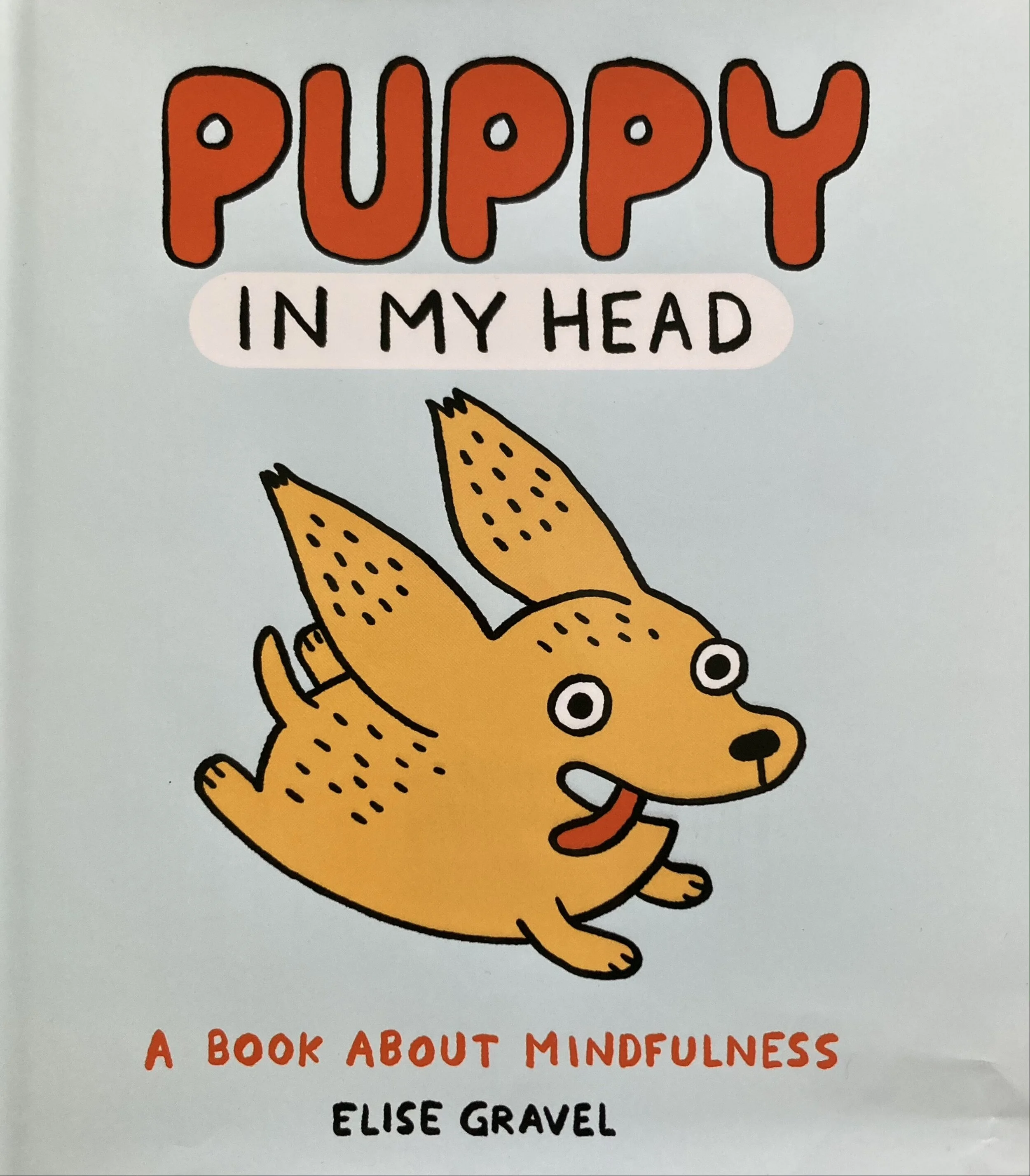How Can We Support Young Children When They Are Experiencing Anxiety?
It would be reasonable to blame all of our children’s stress on the current pandemic and the upheaval it has brought to our lives and the lives of our families. And it certainly has wreaked havoc on all aspects of our life.
However, young children often go through periods of heightened anxiety as they begin to take in information about the world around them. This can happen beginning around age three or four as children begin to broaden their experience and knowledge about the world. It can actually happen at any age, and it is often exasperated by changes at home or school, though there are times when it seems it is happening for no discernible reason.
To help parents support children when they are anxious, my first bit of advice is to understand that experiencing stress is normal. And that unless it is interfering with your child’s everyday functioning, parents should try to lower the volume on their own worrying. The occasional nightmare or teary episode does not mean that your child is in need of fixing. What you are witnessing is your child’s reaction to life’s challenges. Your child’s temperament plays a role, as do more mundane factors like hunger or sleep.
What we say or don’t say can make all the difference in your child’s ability to cope with these moments. The advice I give most often is to mirror the emotions that you want your child to express. Staying calm yourself, though often easier said than done, is the first step in supporting your child and in strengthening their coping skills.
Plan for these moments if possible because they are going to happen. Sometimes, holding your child, singing a special song, having a special “stuffy” nearby might be all it takes. You might even have a conversation with your child about these moments before they happen. Something like, “let’s have a special song that we sing to help you get back to sleep after a nightmare, or let’s cuddle with your “good luck” bear to keep bad dreams away.” Kids love rituals and often embrace such strategies.
Also, revisiting the experience later when your child is calm can be helpful. Experience teaches us that children are unable to take in information when they are upset so trying to reason with a screaming child, or talk them out of their emotions often fails and can even inflame the situation.
It is important to remember when revisiting an episode that you should not interview for pain, portraying your child as a helpless victim. Don't start the conversation describing how out of control they were, but instead, ask them to tell you about their experience. Suggest making a plan together for how to feel better and more in control the next time it happens.
I recently discovered a wonderful picture book for children ages four to eight, Puppy In My Head, A Book About Mindfulness, that helps children deal with anxiety and stress. The whimsical puppy “Ollie” can get over excited and learns to use his imaginary leash (his breathing) to get his feelings under control.
Kids often take in information through children’s literature and can sometimes learn a lesson more easily from the experience of a character in a book. It can happen when they get to know an adorable Puppy like “Ollie, who seems to have arrived on the scene… just when we need him the most.







